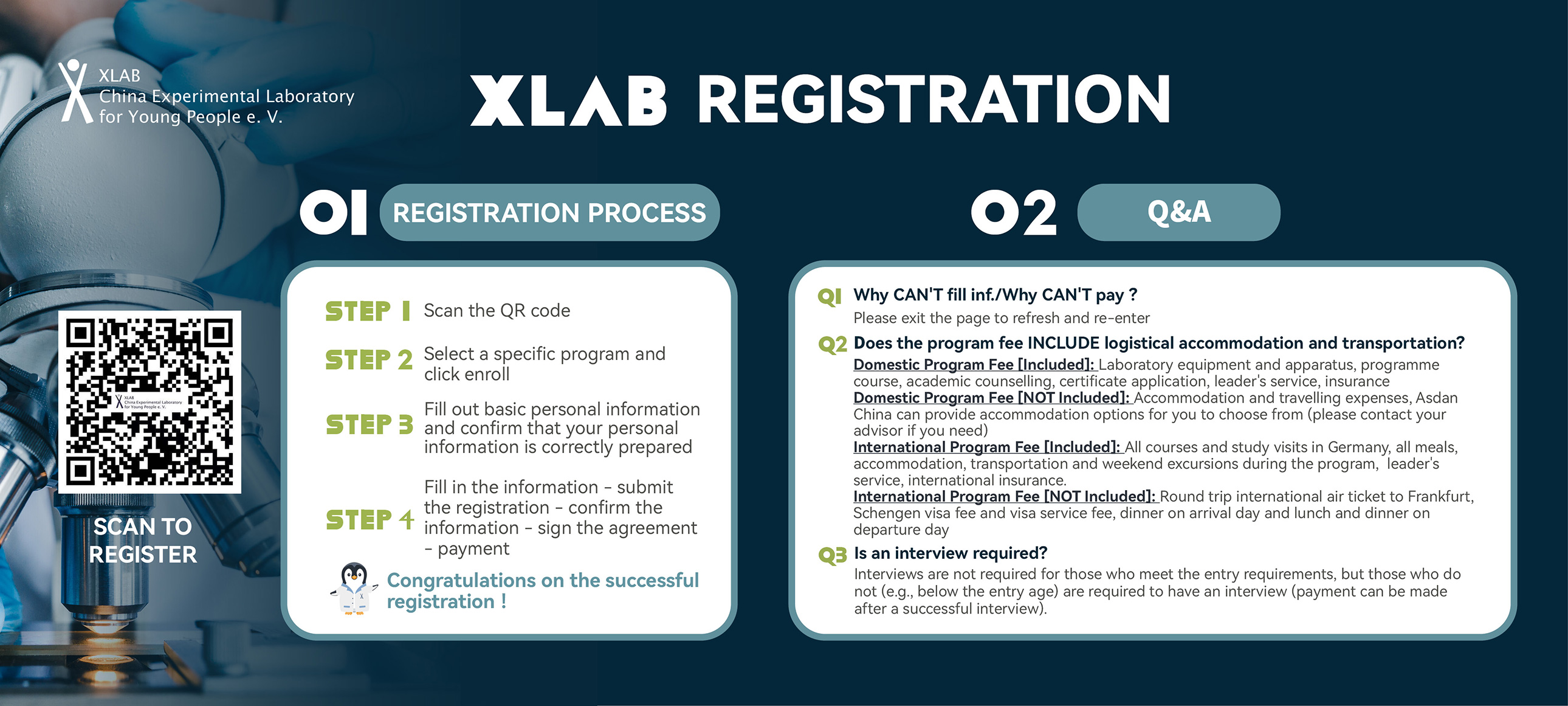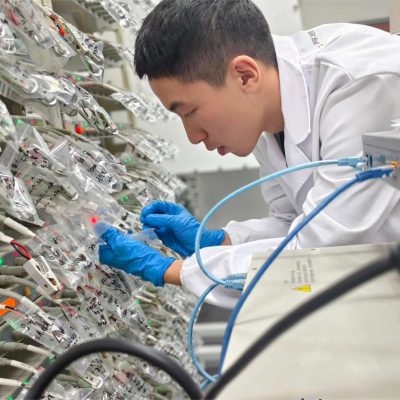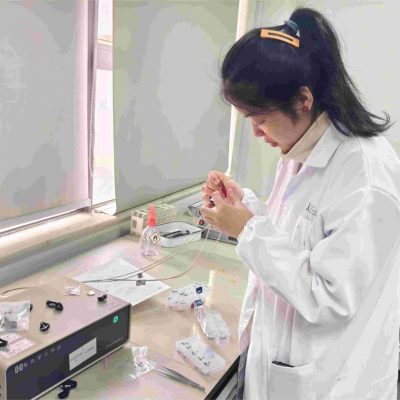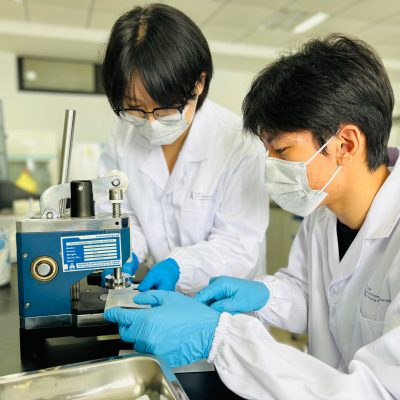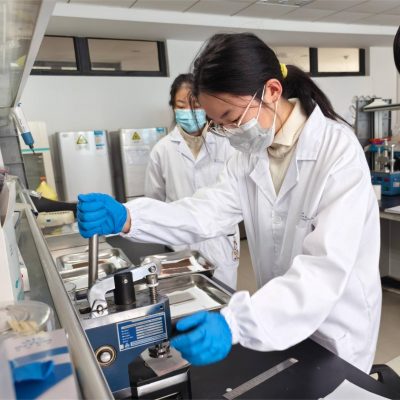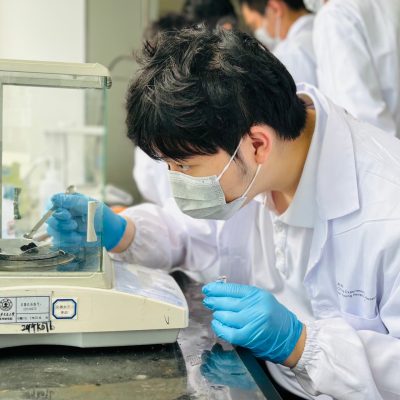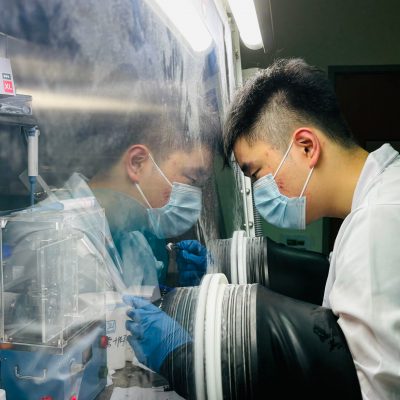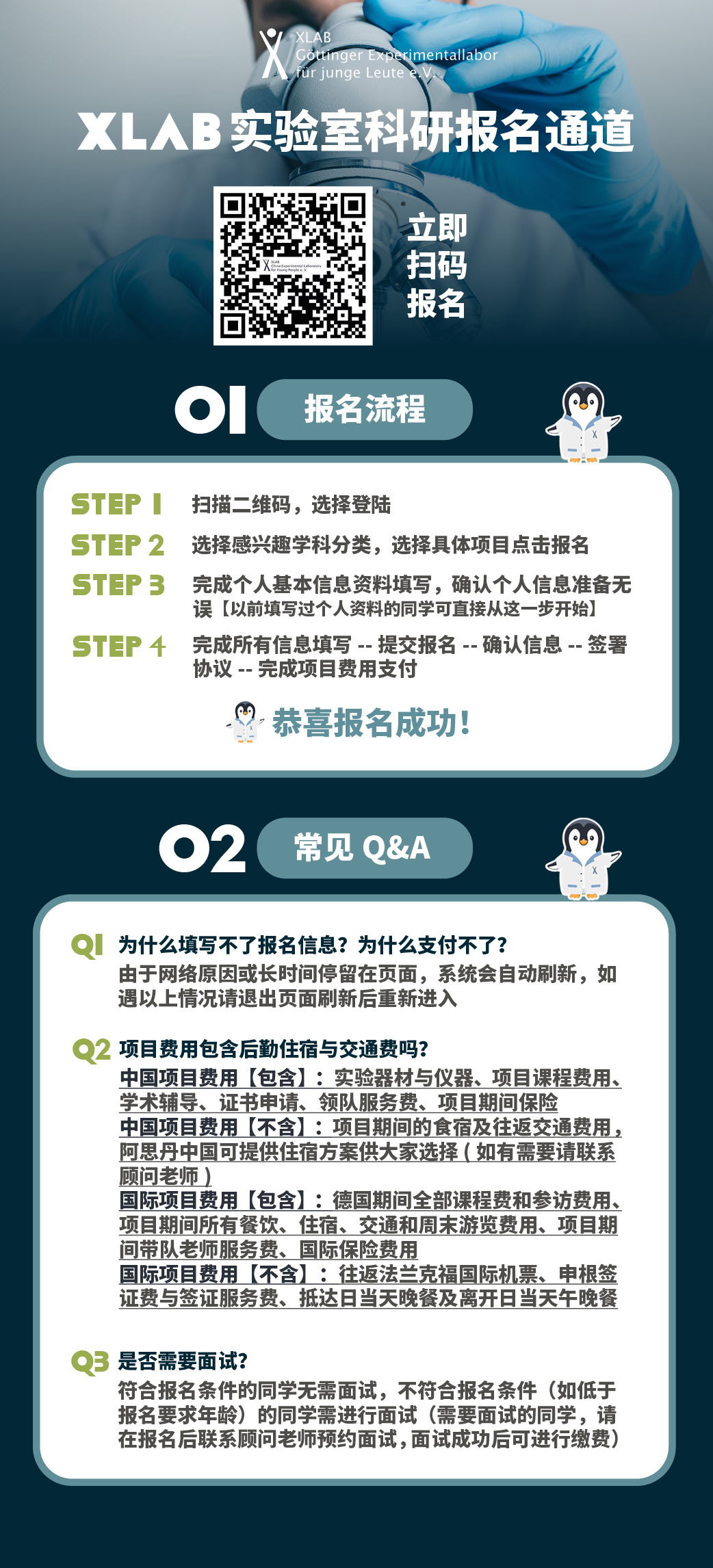Flexible Thin-Film Solar Cell Fabrication Process
 Shenzhen
Shenzhen
Date: Jul.26th - Jul.30th, 2025
Photoelectric Physics, Semiconductor Materials Science, Energy and Power Engineering
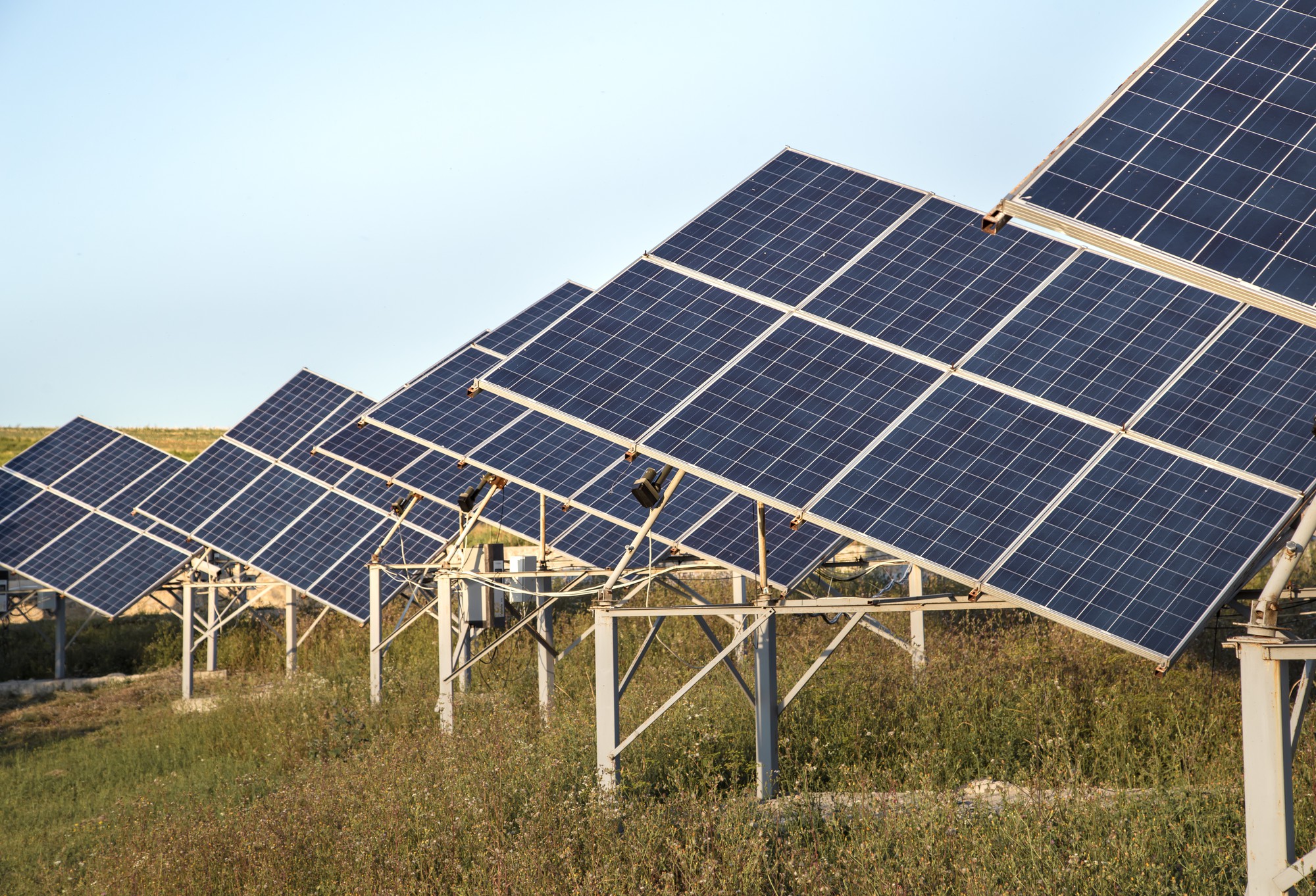
Solar cells, as a green and clean energy source, have always attracted significant attention. Compared to traditional rigid solar cells such as crystalline silicon solar cells, flexible thin-film solar cells stand out due to their advanced flexibility, excellent performance, high photoelectric conversion efficiency, and low cost. They are widely used in various fields, including portable solar backpacks, solar canopies, solar cars, and even solar-powered aircraft. Flexible thin-film solar cells include types such as CdTe, gallium arsenide, perovskite, and CIGS. Among these, CIGS (Cu(In1-xGax)Se2) flexible thin-film solar cells offer unique advantages, such as high theoretical conversion efficiency, adjustable bandgap, suitability for flexible devices, excellent performance in low-light conditions, and potential for use in tandem solar cells. The actual maximum conversion efficiency of CIGS solar cells has reached 23.6%, and there is still a lot of potential for improvement.
This project collaborates with senior experts in the field of new energy and semiconductor from national research institutes to guide students in exploring developments and trends in thin-film solar cells, gaining hands-on experience in the fabrication processes of CIGS solar cells, and developing a deep understanding of the photoelectric conversion principles and related technologies behind solar cells.
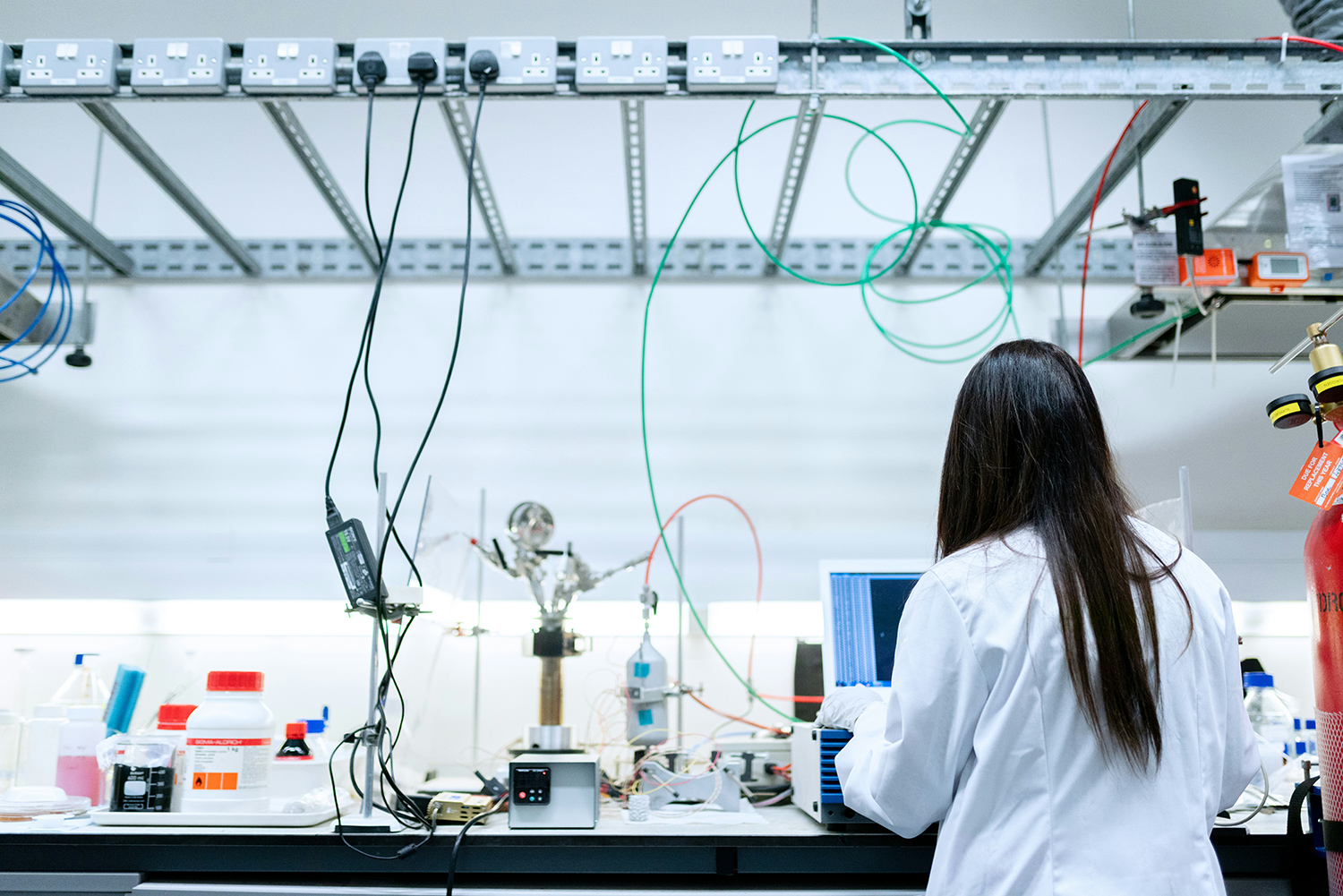
Teaching Faculty
Experts in the field of New Energy and Semiconductor from national research institutes are specially invited.
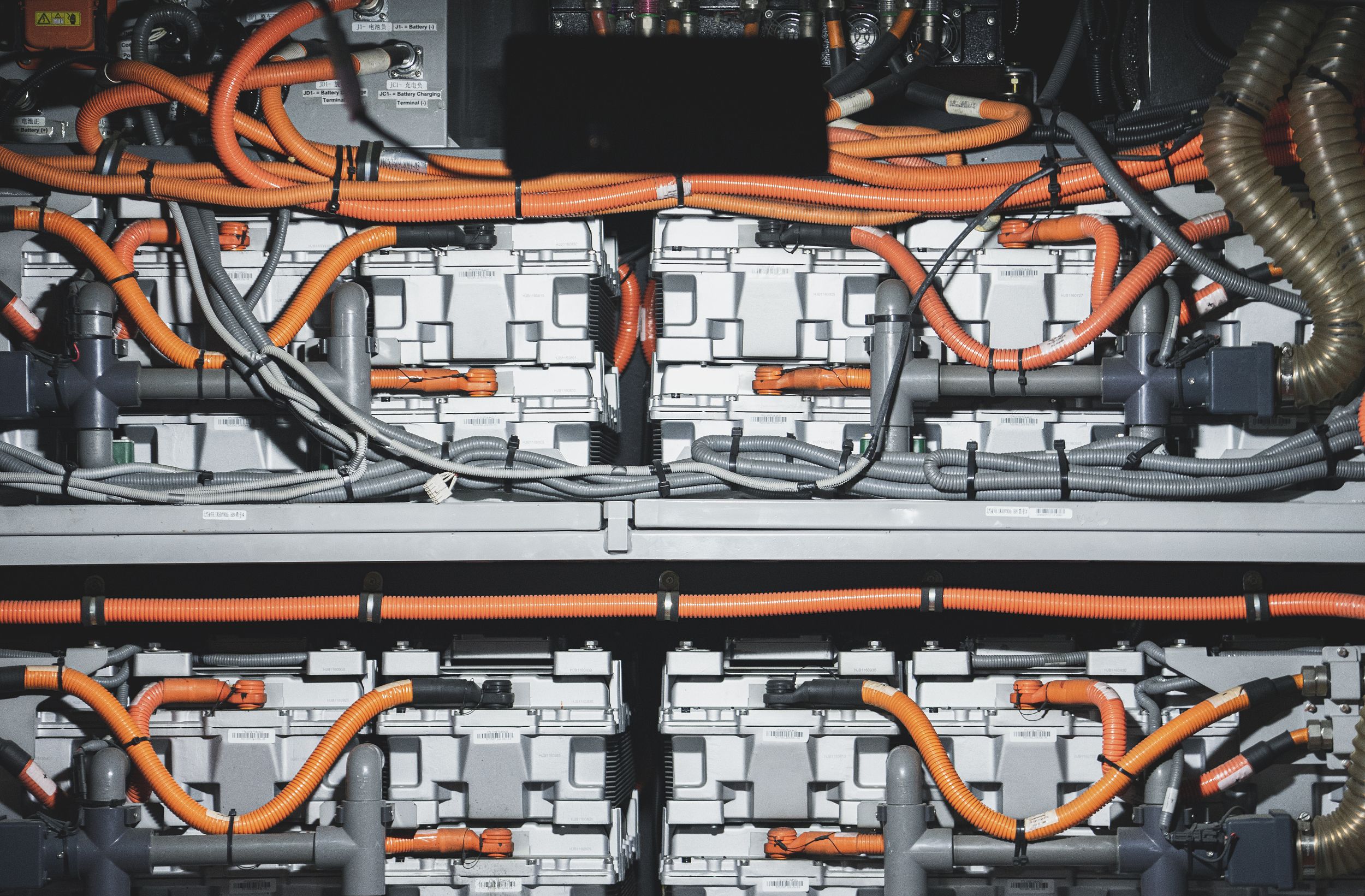
Cutting-edge Topics
Systematically learn the knowledge and emerging trends of flexible thin-film solar cells.
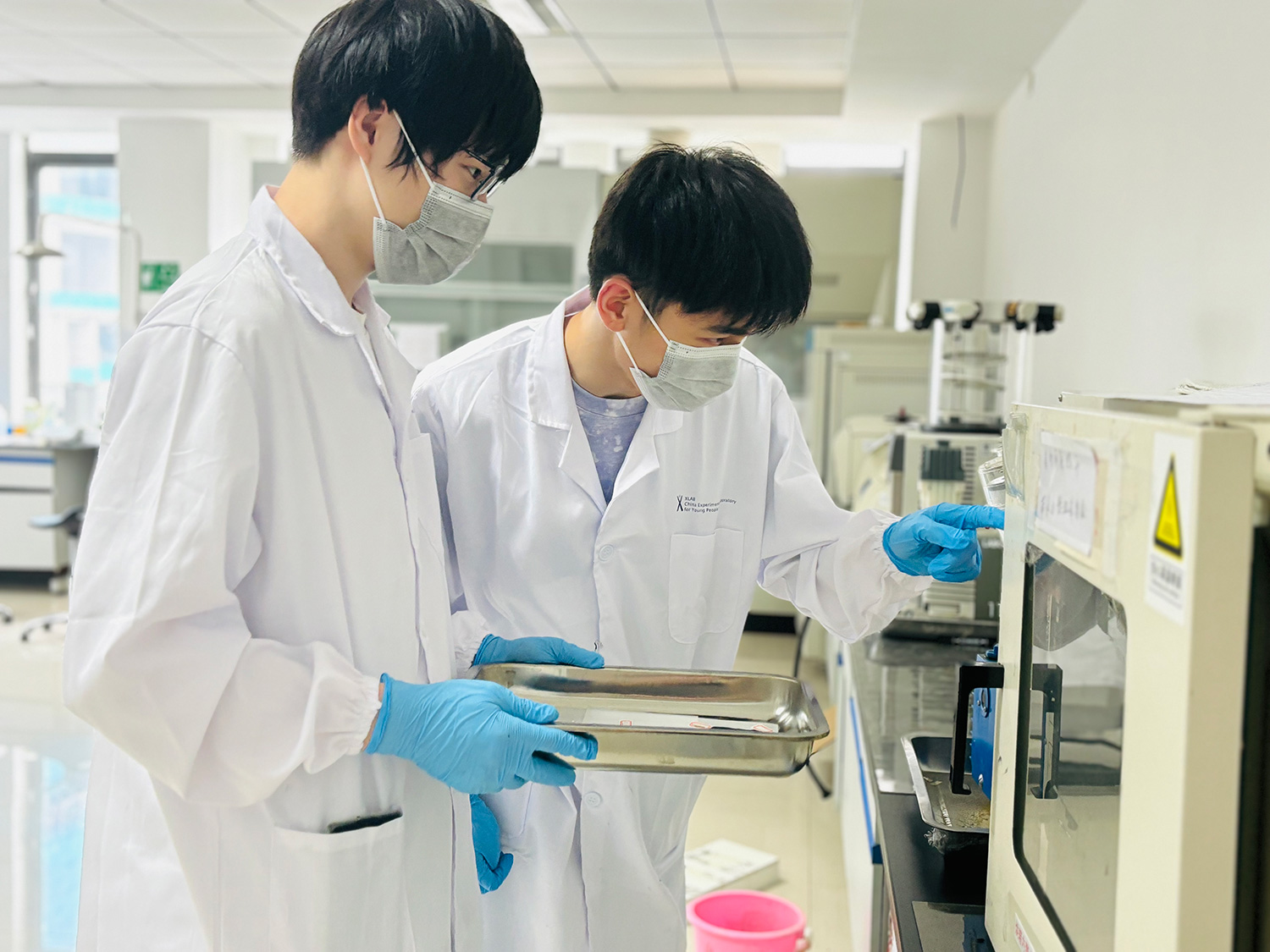
Real Lab Practice
Hands-on operations such as the fabrication of solar cells and parameter testing.
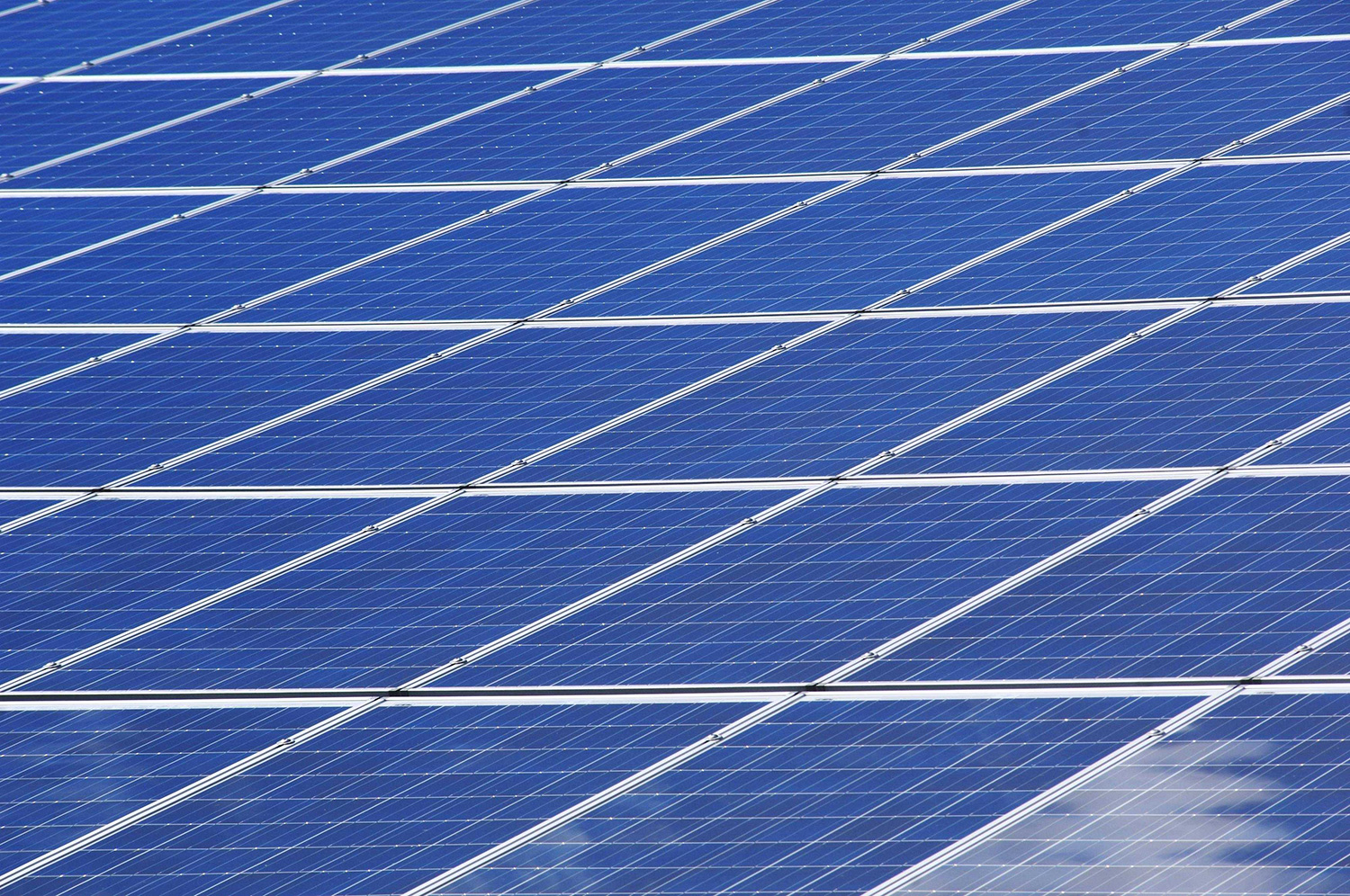
Outcome Application
Research outcomes for the conversion efficiency improvement of flexible thin-film solar cells.
Main Experiments
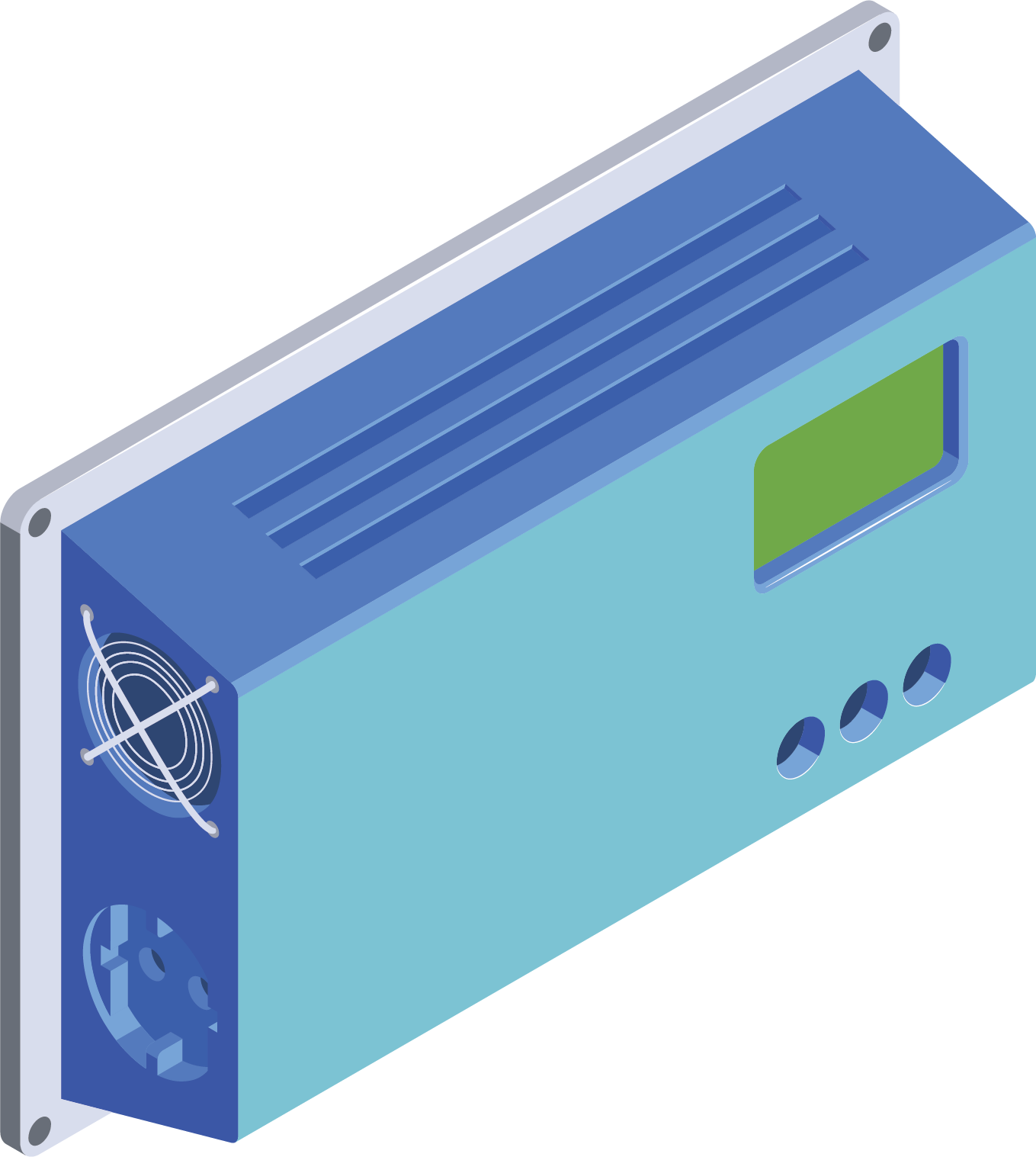
Hands-On Practice with Magnetron Sputtering Equipment

Co-Evaporation Equipment Practice
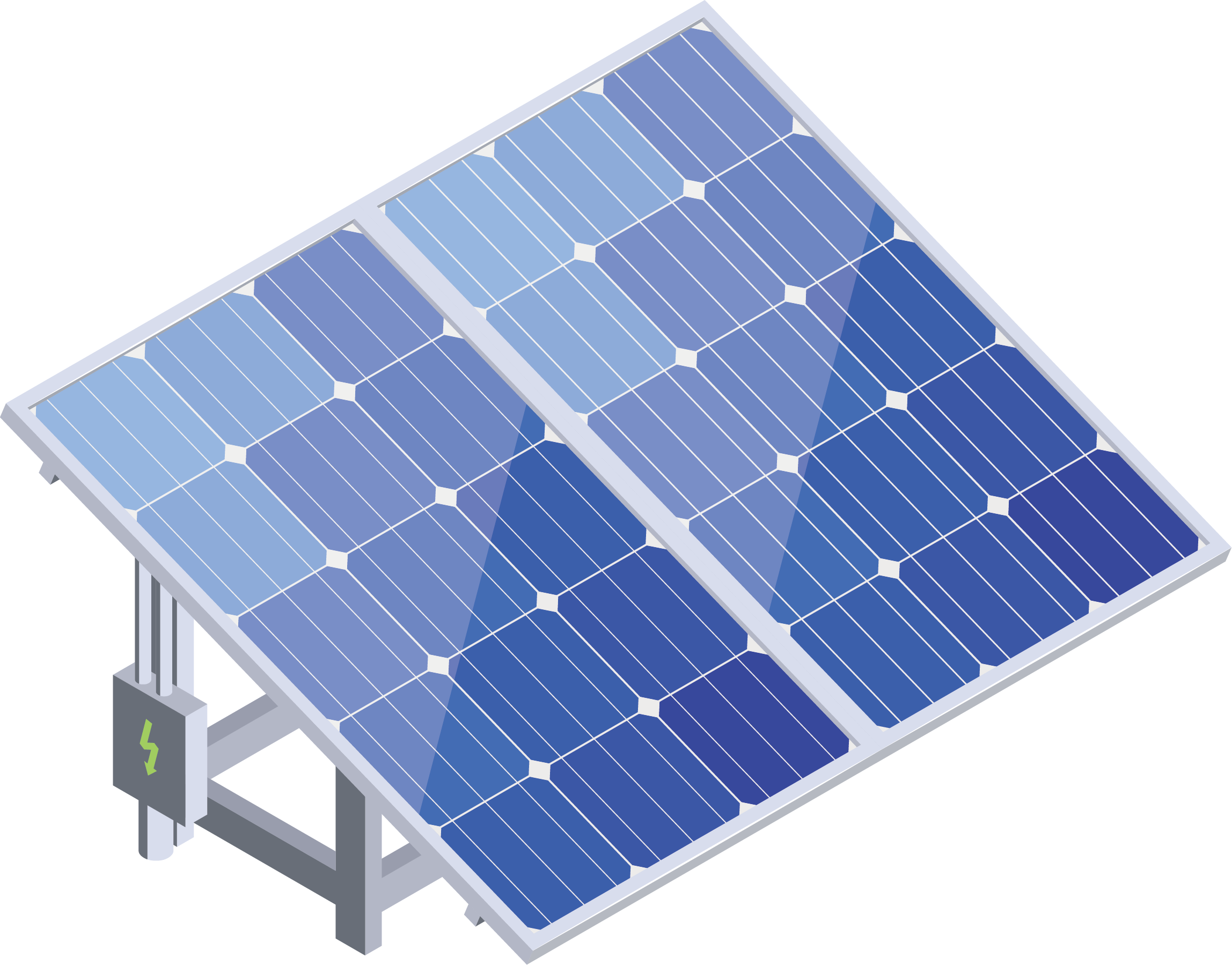
Solar Cell IV Testing

Hands-On Practice with Magnetron Sputtering Equipment

Co-Evaporation Equipment Practice

Solar Cell IV Testing
Certificates
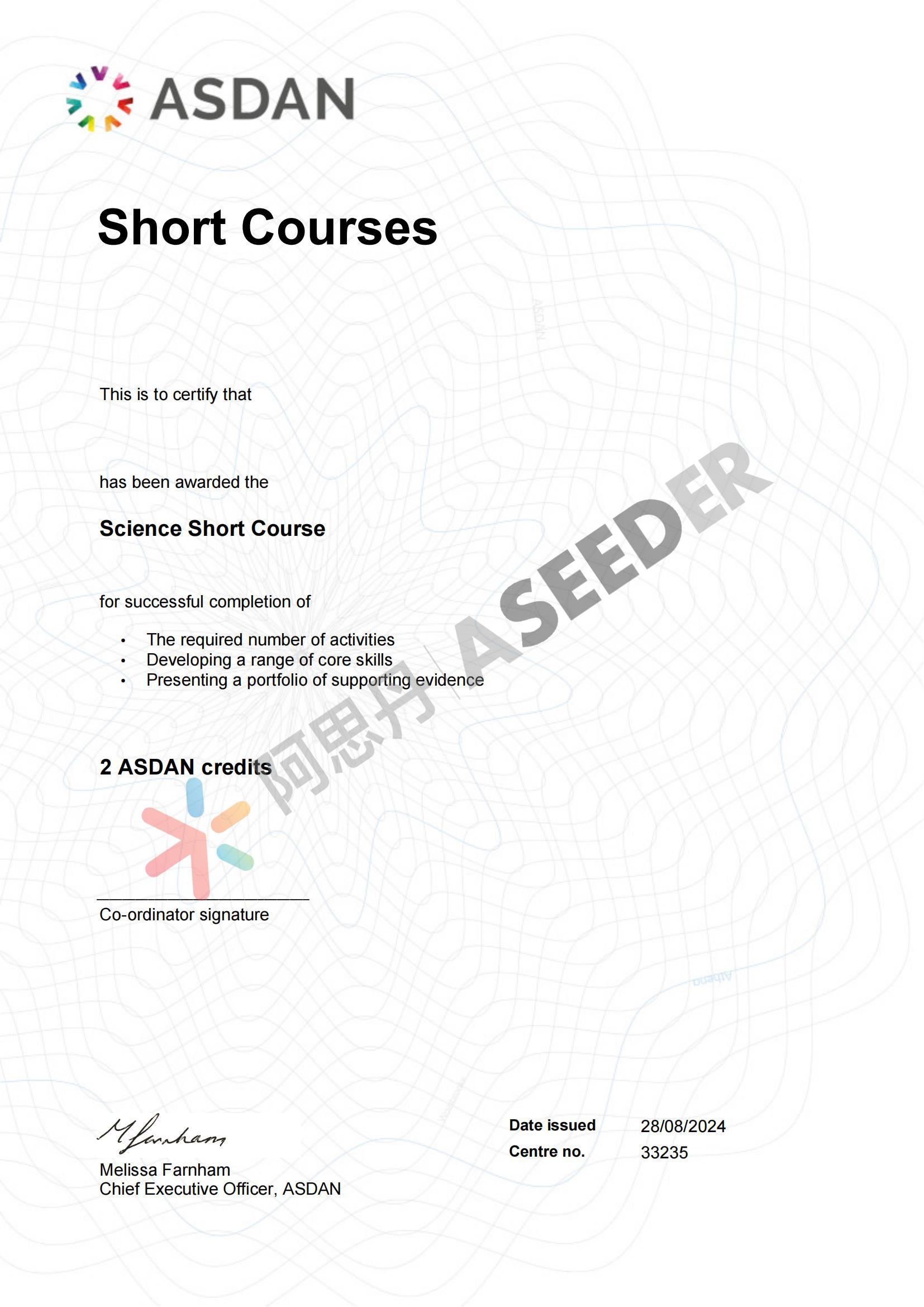
ASDAN SCIENCE 证书
UCAS 官方推荐的 ASDAN SCIENCE SHORT COURSES CREDIT
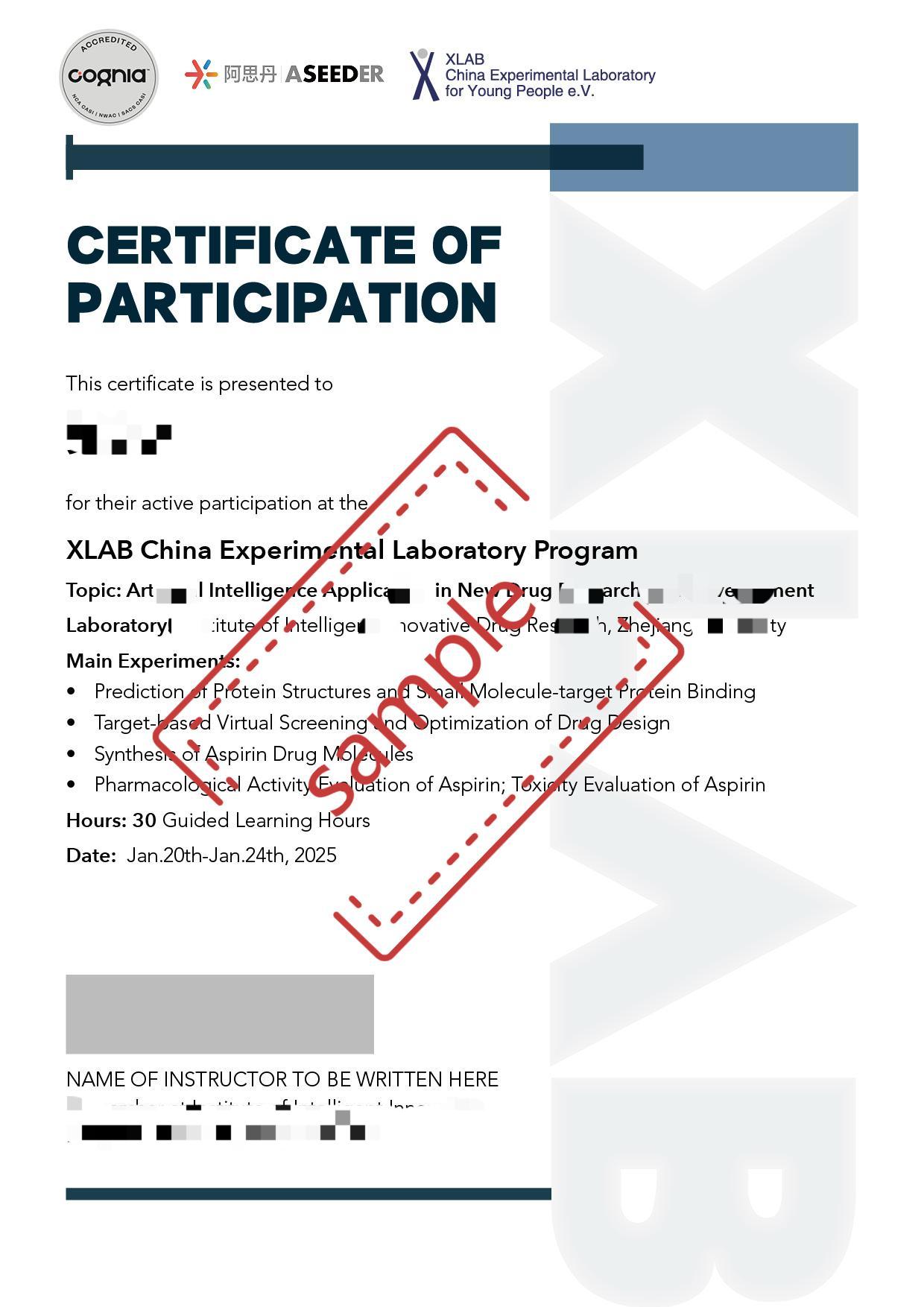
XLAB中国官方结业证书
*证书sample仅为参考,具体证书内容可能会根据当期课程内容微调,以实际发放为准
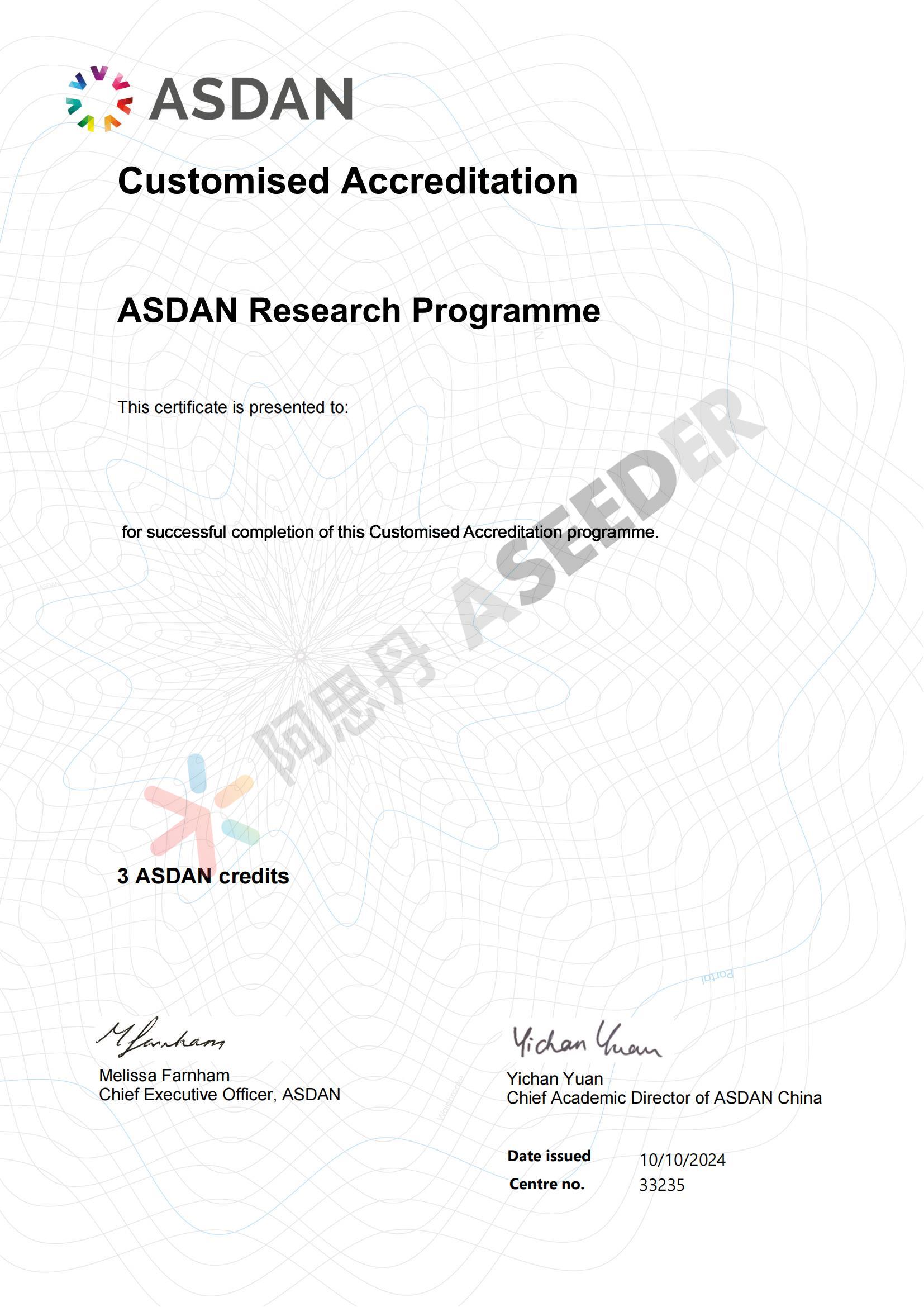
ASDAN Research证书
(可选,需完成后续学术产出)
.png)
科研院所证书
*证书sample仅为参考,具体证书内容可能会根据当期课程内容微调,以实际发放为准

项目感言
-
 XLAB让我受益匪浅。我不仅了解了做科研的流程,更是自己在实验室操作了制作、组装和测试了电池。另外,我也了解了现有锂电池的优缺点和改进方案以及研发新电池的社会意义。锂电池和化学紧密相关,所以XLAB的经历不仅可以丰富我申请化学专业的文书,也对我未来的学习很有帮助。
XLAB让我受益匪浅。我不仅了解了做科研的流程,更是自己在实验室操作了制作、组装和测试了电池。另外,我也了解了现有锂电池的优缺点和改进方案以及研发新电池的社会意义。锂电池和化学紧密相关,所以XLAB的经历不仅可以丰富我申请化学专业的文书,也对我未来的学习很有帮助。—— 武汉枫叶国际学校 李同学

-
 我觉得xlab使我的收获真的很大,不论是教授的理论课还是实验室的实验操作,都能激发很多我对学科的兴趣。在这些过程中也学到了很多新颖的知识,不论是在物理,电化学,还是材料。老师们都很认真负责,可以解答所有的疑惑。在最后演讲汇报的时候,更加培养了我们的团队合作以及对于成果的复盘。通过阅读文献也进一步拓宽了知识面,也是我的思路和逻辑更加完整。
我觉得xlab使我的收获真的很大,不论是教授的理论课还是实验室的实验操作,都能激发很多我对学科的兴趣。在这些过程中也学到了很多新颖的知识,不论是在物理,电化学,还是材料。老师们都很认真负责,可以解答所有的疑惑。在最后演讲汇报的时候,更加培养了我们的团队合作以及对于成果的复盘。通过阅读文献也进一步拓宽了知识面,也是我的思路和逻辑更加完整。—— 上海光华学院剑桥国际中心(光华剑桥) 赵同学

-
 本次实验经历中我们学习了很多的关于锂电池的知识,包括做浆料,水凝胶,组装电池和测试。我最大的收获就是懂得了如何组装一个电池并且知道粘合剂对电池的重要性。并且我学到了很多实验器材的用法和技能。这对于我以后要申请的材料专业很有帮助,不管是学习专业知识还是实验操作都对我帮助很大。
本次实验经历中我们学习了很多的关于锂电池的知识,包括做浆料,水凝胶,组装电池和测试。我最大的收获就是懂得了如何组装一个电池并且知道粘合剂对电池的重要性。并且我学到了很多实验器材的用法和技能。这对于我以后要申请的材料专业很有帮助,不管是学习专业知识还是实验操作都对我帮助很大。—— 北京爱迪学校英国部 吴同学

-
 这次实验我学到了很多关于实验室设备的使用,也明白了实验室安全的重要性,做科研是一件严谨认真的事情,不能随意,要与同学合作,集思广益,特别是最后在手套箱组装东西时,要带三层手套,确保试剂不会被污染,每一步都需要严谨认真,全神贯注,让我真真正正感受到了做科研是什么体验,同时也对我以后对于专业的选择有了新的理解
这次实验我学到了很多关于实验室设备的使用,也明白了实验室安全的重要性,做科研是一件严谨认真的事情,不能随意,要与同学合作,集思广益,特别是最后在手套箱组装东西时,要带三层手套,确保试剂不会被污染,每一步都需要严谨认真,全神贯注,让我真真正正感受到了做科研是什么体验,同时也对我以后对于专业的选择有了新的理解—— 北京爱迪学校 陈同学

精彩瞬间
Why Us
History
XLAB has a 20+ year history. It was initiated by Professor Neher of the University of Göttingen in Germany and strongly supported by the German government and the University of Göttingen. XLAB, centered around high-end scientific experiments, is widely favored by over 10,000 students yearly. XLAB has established practice centers worldwide, aiming to expand this unique concept and teaching method to reach more students.
XLAB aims to enable more people to learn and experience the joy of science, encouraging them to explore the mysteries of science and consider how to use science to solve human problems. Therefore, XALB's subjects are generally more complex in physics, biology, or medicine. Instead, they focus more on interdisciplinary, cutting-edge topics such as genetic engineering, medical research, nanobiology, medical chemistry, high-energy physics, and more.
Subject
Experiment
Experiments are the core of the XLAB. Each participant can enter advanced laboratories to conduct safe experiments, analyze data, and write experiment reports. Over six hours of scientific research daily enhances students' scientific knowledge and logical thinking and cultivates concentration and endurance. Students will be able to experience the work content and status firsthand and consider whether to choose a research direction in future education.
The courses in XLAB are unique. They consist of four key modules: Subject Introduction and Program Thinking, Scientific Research Teaching, Laboratory Operations, Experimental Data Analysis, and Research Report Writing. All courses are taught in small groups of 10 to 25 students.
Course
Faculty
Experts are invited to design experiments and teach students since the topics and content of XLAB exceed the curriculum of high schools and are specialized in specific research areas. Relevant scientific research institutions support XLAB China and provide an in-depth academic experience for Chinese students based on its unique teaching methods and experimental requirements.
Two authoritative certificates are available: the XLAB Program Certificate of Participation, which details the experimental content and is signed by instructors. Students will complete an academic report containing experimental results and data analysis to apply for the ASDAN "Science Award" Certificate for 30 credit hours of study officially accredited by UCAS.
Certificate
Research
XALB provides invaluable research scenarios for students who plan or are currently engaged in natural science research-oriented learning, such as EPQ or scientific papers, to implement their research plans and participate in hands-on scientific research. Experimental reports can be considered as part of their research achievements.

